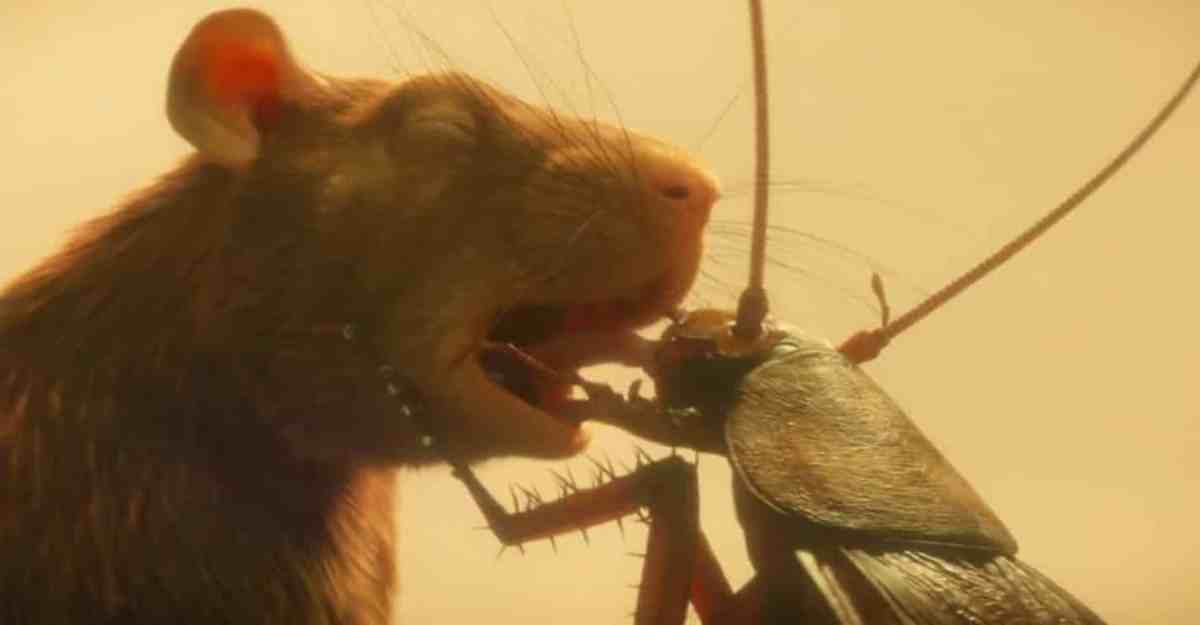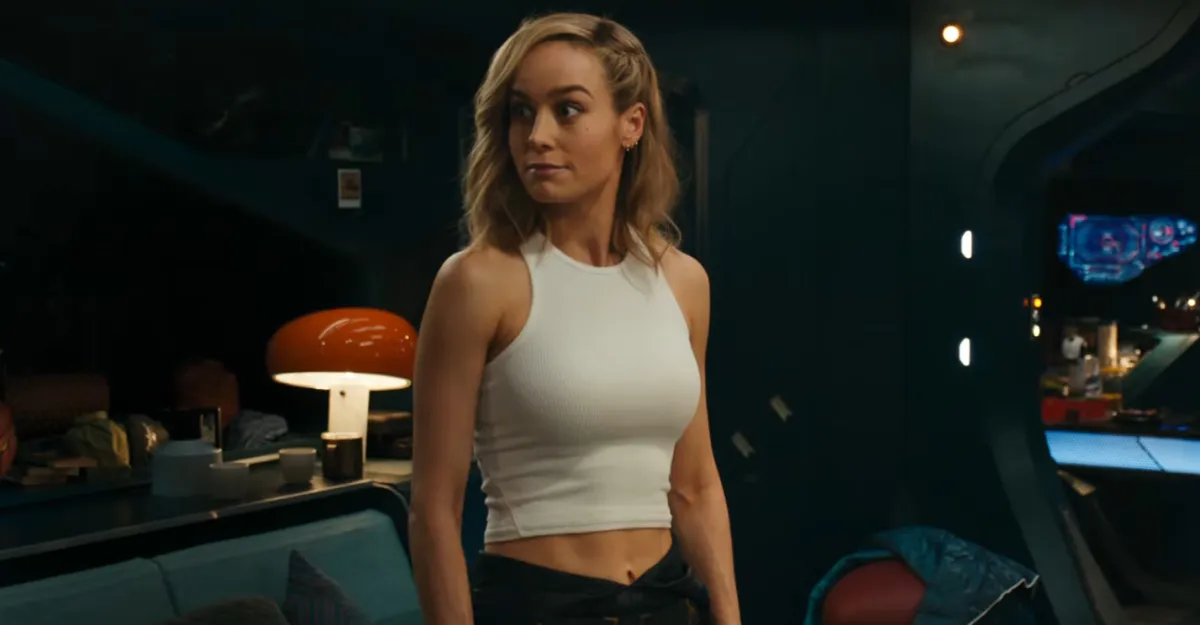This article contains minor, out-of-context spoilers for Doom Patrol.
There’s a scene in the first season of Doom Patrol, the DC Universe-turned-HBO Max show, that always stuck with me. Our heroes are facing off against Mr. Nobody (Alan Tudyk) on Danny the Street, a genderqueer sentient teleporting city block and recurring side character. The doomsday prophet Ezekiel, a cockroach from earlier in the season, and Whiskers, a rat whose mother was killed by Cliff Steele (Brendan Fraser), are blown up to the size of skyscrapers in proportion to our heroes.
With all characters trapped and Whiskers having eaten Cliff, Mr. Nobody formulates a plan for escape that involves what is likely the most absurd scene in the entire series, narrating the world around him: “It was in that moment Ezekiel lost all other appetites; he hungered for one thing and one thing only, and that was: rattatushy.”
Almost immediately, Whiskers and Ezekiel start passionately making out, providing a window for Cliff to climb between them and allowing Larry Trainor (Matt Bomer) to send a targeted energy blast out to break them all free, as cockroaches are protected from that kind of radiation.
This was a moment in Doom Patrol that went rightfully viral on the internet at the time of release. It’s a particularly absurd moment in a show defined by its absurdity; with a nuclear-charged rat running towards an evangelical cockroach with the subtitle, “I wanna spread you like the plague, Daddy,” it’s hard not to share it around. But the absurdity itself is what makes the show special.

For a long time, Hollywood had a need to make comic book movies hyperrealistic. All of the magic powers needed to be explained; the costumes needed to be turned dark and leather. Nothing could be left to whimsy or surrealism. It was thought that realism was the only way to make a mainstream audience buy into something as absurd as superheroes and soon became a truism that stained the industry for decades — and audiences got bored quickly.
With smaller budgets and more creative freedom and a goal of promoting a new streaming service, a show like Doom Patrol was incentivized to swing for the fences. When you want eyes on a show, the worst possible thing you can be is boring. Almost by accident, Doom Patrol found the freedom to throw at the wall the weirdest things comics can give, seeing exactly what resonated with audiences. Danny the Street felt like a one-off character, but we fell in love with them as a concept and as a character, so the showrunners ran with it, expanding their part in season 2 and creating some of the most beautiful moments in the entire series. Ten years ago, you’d get laughed out of the room for even suggesting that a character like Danny should be put in a superhero property, but things have changed because producers and studios learned a valuable lesson — that we like the weird and are fully willing to embrace the surreal more than ever before.

With the continued popularity of superhero TV like WandaVision and Harley Quinn, it seems like the landscape of the superhero genre has fundamentally shifted. Not only are these series willing to embrace the absurdity of real comics, but audiences are responding with rapturous praise. Seeing the success of Doom Patrol, these shows felt even more liberated to embrace the strange, sometimes convoluted aspects of comics, and we love them for it.
Sometimes it just takes a show to test the waters by jumping into the deep end headfirst. Sometimes it takes a sentient, genderqueer, teleporting city block named Danny to remind us what we love about these properties. Doom Patrol was a herald of things to come, and I couldn’t be more excited to see where this new path takes us.





Published: Feb 10, 2021 01:00 pm